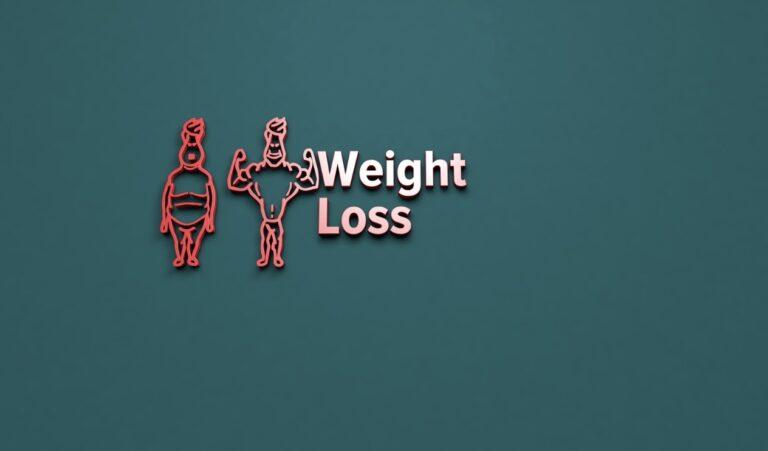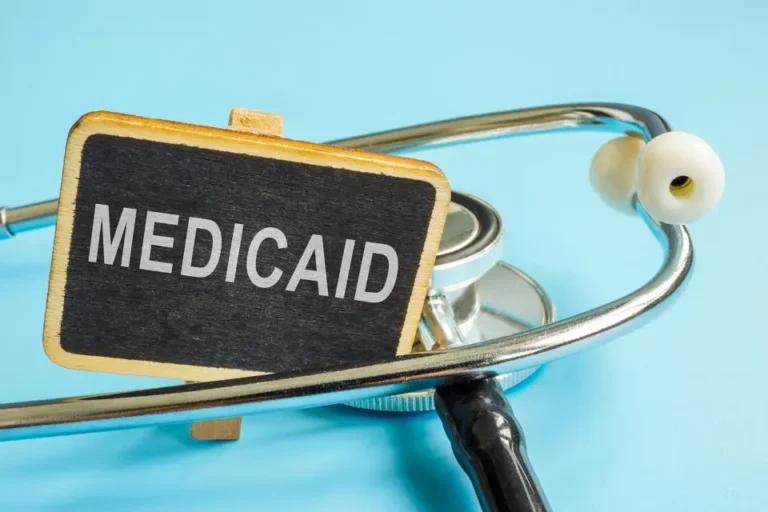
In the United States, the prevalence of obesity has become a significant public health concern, as it is closely associated with various chronic diseases such as type 2 diabetes, high blood pressure and heart disease. To combat this issue, Medicaid and the Children’s Health Insurance Program (CHIP) provide access to a range of services aimed at preventing and reducing obesity. These services include screenings, education, counseling on nutrition and physical activity, weight loss drugs, and, in some cases, weight loss surgery such as bariatric surgery. In this article, we will explore the coverage of weight loss pills by Medicaid for both adults and children.
Medicaid Coverage for obesity-related services
Medicaid and CHIP programs play a crucial role in addressing the obesity epidemic by offering coverage for a variety of obesity-related services. These services can help individuals reduce their risk of chronic diseases and promote healthier lifestyles. While the specific coverage may vary between states, Medicaid generally covers Body Mass Index (BMI) screenings, counseling on nutrition and physical activity, and prescription drugs for weight loss.
Services covered by Medicaid for obesity
Medicaid and CHIP programs cover a range of services to prevent and reduce obesity. These services may include:
Body Mass Index (BMI) Screening
BMI screening is a widely used measure to assess whether an individual is within a healthy weight range. Medicaid and CHIP programs may cover BMI screenings as part of routine check-ups or wellness visits. By identifying individuals who are overweight or obese, healthcare providers can offer appropriate interventions and guidance.
Nutrition education and counseling
Medicaid beneficiaries, particularly children, have access to nutrition education and counseling services. These services aim to promote healthy eating habits and provide guidance on balanced diets. Nutrition education can be offered through one-on-one counseling, group sessions, or educational materials.
Physical activity counseling
To encourage physical activity and an active lifestyle, Medicaid may cover counseling sessions on physical activity. Healthcare providers can offer guidance on suitable exercise routines, the importance of regular physical activity, and strategies to incorporate exercise into daily life for weight management.
Prescription drugs for weight loss
Medicaid coverage for anti-obesity medication varies from state to state. Some states may include prescription weight loss medications as part of their Medicaid formulary, while others may have restrictions or limitations. It is essential to check the specific guidelines and requirements of your state’s Medicaid program regarding weight loss medication coverage. Some well-known prescription drugs include GLP-1 agonists such as Ozempic, Rybelsus, Wegovy, and Mounjaro.
Bariatric surgery
In severe cases of obesity, bariatric surgery may be an option. Medicaid programs may cover bariatric surgery for eligible beneficiaries who meet specific criteria. The criteria typically include a minimum body mass index (BMI) and evidence of previous unsuccessful attempts at weight loss through non-surgical methods.
Coverage for adults
Medicaid coverage for obesity treatment for adults varies from state to state. While some states may cover these medications, others may have restrictions or limitations. In a survey of state Medicaid programs, a growing number of states were found to cover services like obesity screening and counseling on healthy diets for adults. However, it is essential to review the specific guidelines and limitations of your state’s Medicaid program to determine if weight loss pills are covered.
Coverage for children
Children enrolled in Medicaid have access to a comprehensive set of services called the Early and Periodic Screening, Diagnostic, and Treatment (EPSDT) benefit. EPSDT covers a wide range of preventive and treatment services, including obesity-related services. This means that weight loss pills for children may be covered under certain circumstances. However, it is crucial to consult with a healthcare provider and review your state’s Medicaid guidelines to determine if weight loss pills are covered for children.
Case study: Michigan’s approach to childhood obesity
Michigan is one state that has taken concrete steps to address childhood obesity through its Medicaid program. In 2009, the Michigan Department of Community Health sent a letter to Medicaid providers, encouraging them to conduct height, weight, and nutrition assessments for children during well-child visits. This initiative aligns with the recommendations of the American Academy of Pediatrics.
To further combat childhood obesity, the Michigan Medicaid program selected childhood obesity as a topic for managed care Performance Improvement Projects (PIPs). Fourteen health plans implemented initiatives to improve BMI screening rates and documentation. They also focused on referrals for nutrition and physical activity counseling or programs. One of the health plans, Priority Health, partnered with a community-based program called FitKids 360. FitKids 360 is an eight-week class for overweight kids and their families, addressing nutrition, physical activity, and self-esteem.
The success of FitKids 360 led to its expansion to additional locations in Michigan, including Detroit and rural Fremont. This program serves as an example of how Medicaid programs can collaborate with community-based initiatives to address childhood obesity comprehensively.
The Affordable Care Act and obesity-related services
The Affordable Care Act (ACA) has further emphasised the importance of preventive services, including those related to obesity, by requiring states to design public awareness campaigns to educate Medicaid enrollees on the availability and coverage of such services. These campaigns aim to inform individuals about the various preventive services covered by Medicaid, including obesity-related services.
The ACA also allows states to expand Medicaid eligibility, which has resulted in increased access to obesity-related services for low-income individuals. As more individuals gain Medicaid coverage under the ACA, the potential for greater coverage of weight loss pills and other obesity-related treatments may increase.
Conclusion
Obesity is a significant public health challenge in the United States, contributing to the prevalence of chronic diseases and other health problems. Medicaid and CHIP programs play a vital role in addressing this issue by offering coverage for obesity-related services. While coverage for obesity drugs may vary between states, Medicaid generally covers screenings, counseling on nutrition and physical activity, and other interventions to help individuals prevent and reduce obesity.
It is important to consult with a healthcare provider and review your state’s Medicaid guidelines to determine if weight loss pills are covered for both adults and children. Additionally, the Affordable Care Act has further emphasized the importance of preventive services, including those related to obesity, and has expanded access to these services for low-income individuals. By leveraging Medicaid’s coverage and engaging in comprehensive community-based initiatives, we can work towards reducing the prevalence of obesity and improving overall health outcomes.
Sources
Medical Disclaimer
NowPatient has taken all reasonable steps to ensure that all material is factually accurate, complete, and current. However, the knowledge and experience of a qualified healthcare professional should always be sought after instead of using the information on this page. Before taking any drug, you should always speak to your doctor or another qualified healthcare provider.
The information provided here about medications is subject to change and is not meant to include all uses, precautions, warnings, directions, drug interactions, allergic reactions, or negative effects. The absence of warnings or other information for a particular medication does not imply that the medication or medication combination is appropriate for all patients or for all possible purposes.









